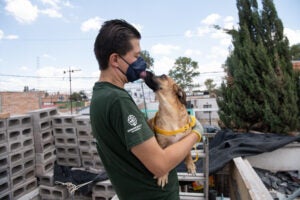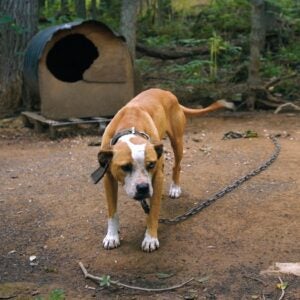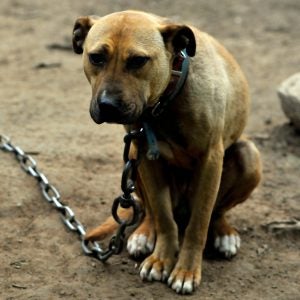
SAN JOSE, Costa Rica—This month, Humane Society International/Latin America provided advanced training to Costa Rican government authorities and other animal welfare institutions to enhance their capacity to combat illegal dog fighting and cockfighting. The two-day educational session engaged more than 50 representatives from Costa Rican agencies and organizations including, but not limited to, the Public Prosecutor’s Office, the Judicial Investigation Agency (OIJ) and the National Animal Health Service (SENASA).
The training addressed issues such as the link between animal cruelty and human violence; the regulatory framework concerning animal fighting in Costa Rica, and the connection of animal fighting to other illegal activities, such as drug trafficking and organized crime. Other specialized training covered investigative techniques and evidence gathering for cases involving organized dog fights and cockfights.
Andrea Borel, executive director of HSI/Latin America, said: “With this training, we are pleased to empower local authorities to investigate and prosecute these illegal and cruel instances of animal fighting in Costa Rica. Abusing animals for human entertainment has no place in our society.”
Cockfighting is a bloody practice in which two or more birds bred specifically for fighting are placed in a ring or “cockpit” for the sole purpose of fighting for human entertainment and gambling. Dogfighting is also an illegal and extremely cruel activity, in which dogs are bred, conditioned and trained to fight for the same purposes.
These fights usually result in the death of one or both animals involved. Those animals who do not die suffer terribly from their injuries and from not receiving treatment. Dogs are sometimes killed by their owners via the most horrible methods. Both types of animal fights often co-occur with other illegal activities, including drug, arms and human trafficking.
In Costa Rica, the Penal Code (Article 279) punishes, with sentences of three months to one year in prison, anyone who organizes, encourages or carries out fights between animals of any species, without exceptions in the national territory.
ENDS
Media contact: Alejandra Zuniga: 7012-5598; commsLatAm@hsi.org





